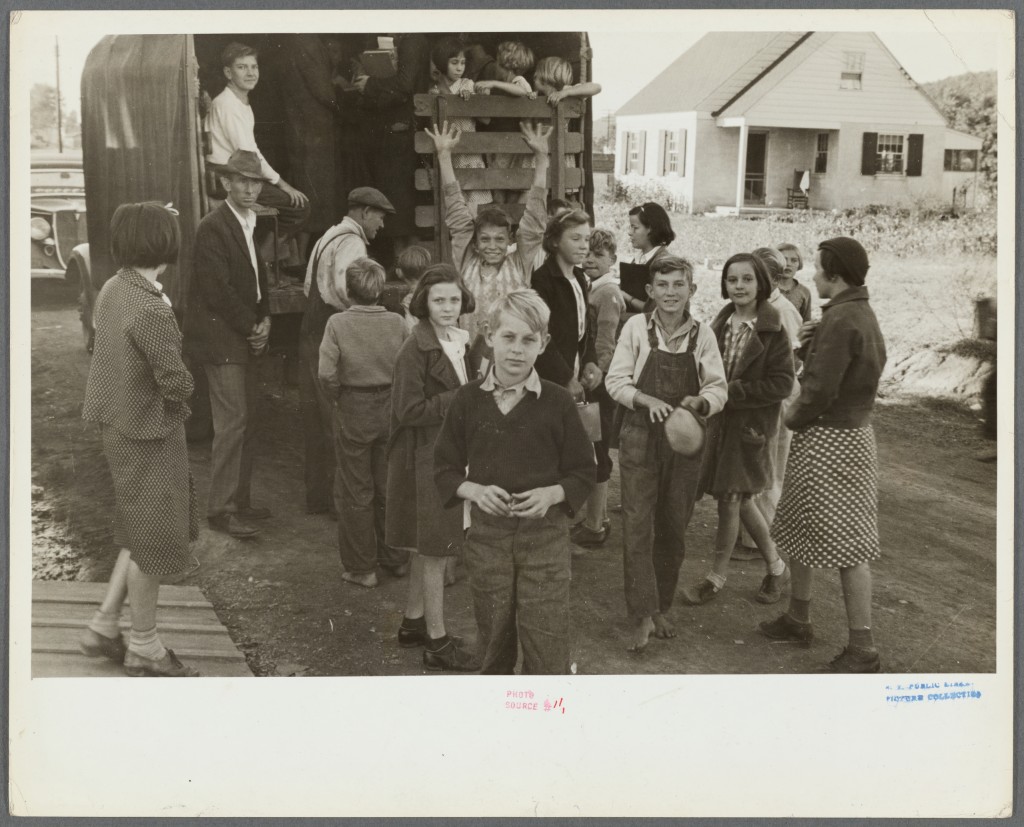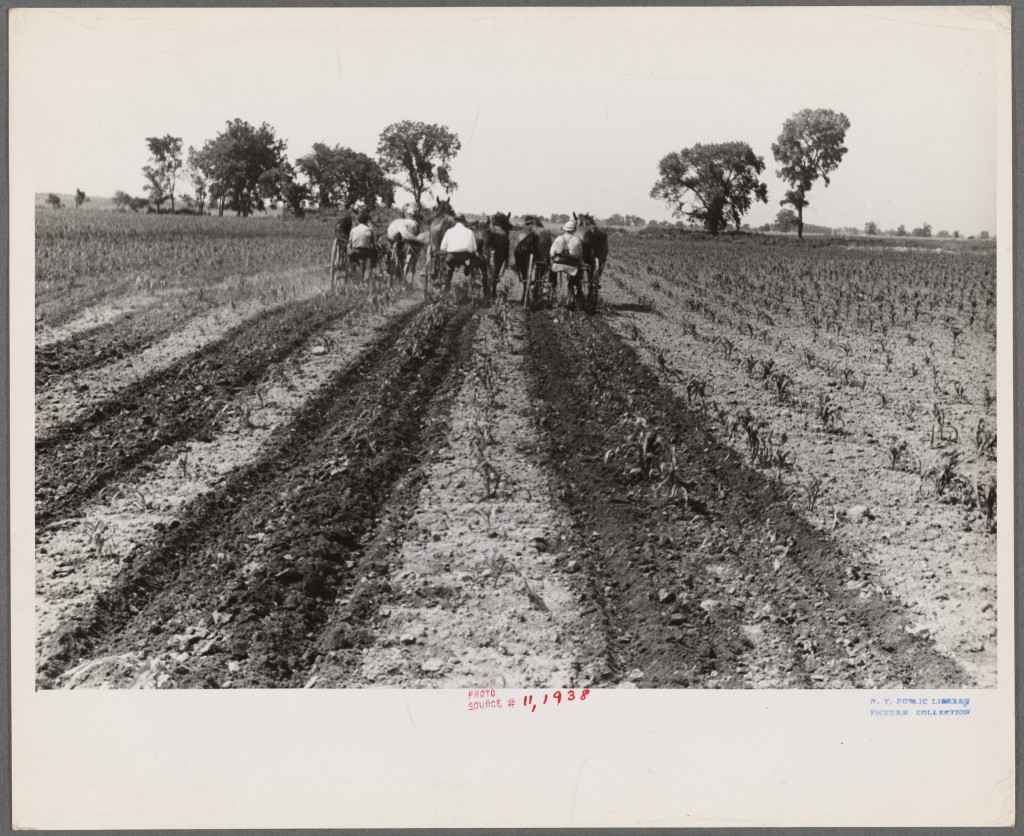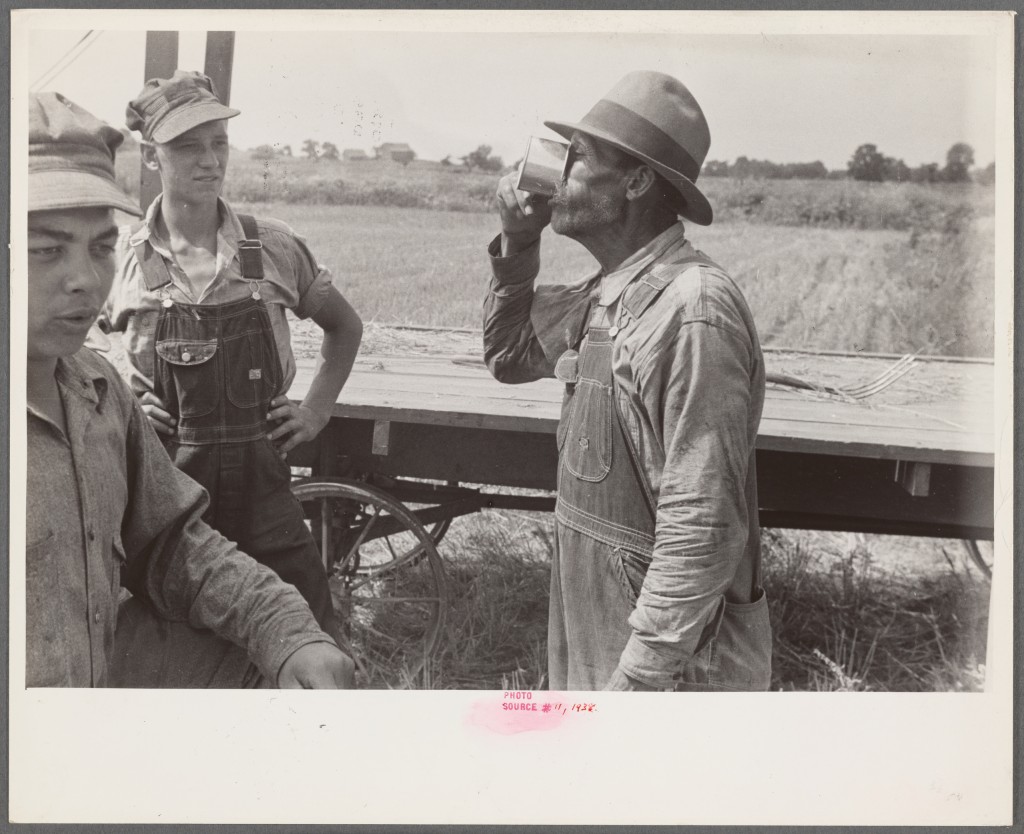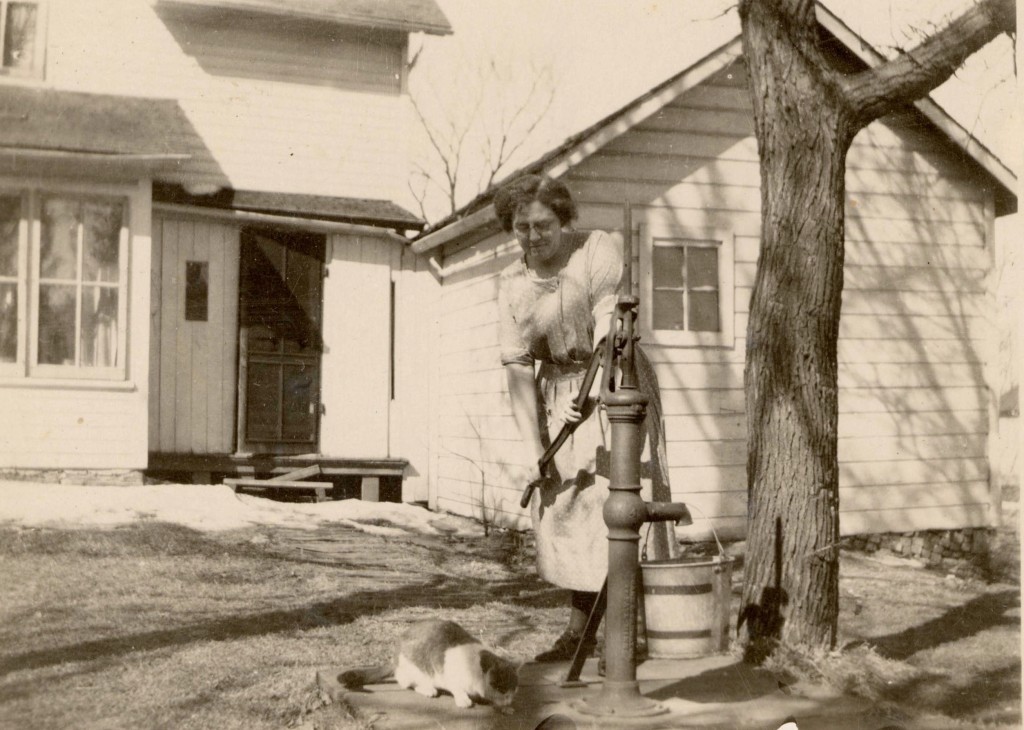This post is a response to an April Poetry Month challenge issued by Mary Lee Hahn at her blog, Poetrepository. She found some family photos this summer at her home place and thought it would be fun to write poems about them this month. Carol Wilcox (Carol’s Corner) and Kevin Hodgson, (Kevin’s Meandering Mind) are writing some awesome poetry this month (as always) along with Mary Lee.
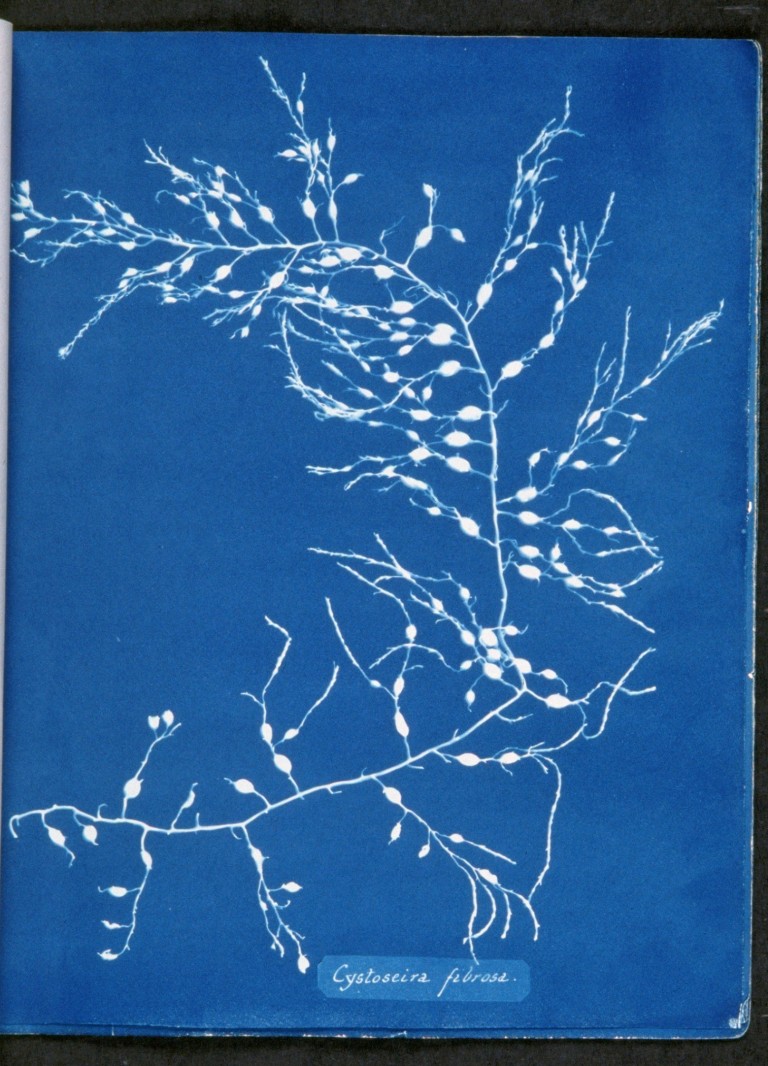
Considering Anna Atkins and the Brown Algae of Britain
Was it love that moved her
over a slippery beach at low tide
collecting her specimens,
lifting seaweed
from the rocks? Even before Darwin,
she was a seer,
one who sought pattern
in a world of difference,
saw change hidden beneath
the relentless waves.
Who will remember all of
the small things,
the odd little things.
the silent, still
and mute things?
No one walks through
mud anymore. None
collect things – the variety
of the finches’ beaks; the sex life
of barnacles; these
are beneath our notice.
Who slogs among the leeches
of the Malay Archipelago
to bring home beetles? Who
climbs the thin-aired Andes?
Who scuffs among tundra plants,
swatting at mosquitoes? Kneels
to inspect mosses? Or listens
for the seabirds lost
to the fog of the Pribilof Islands?
When did this change? Was
it gradual, this forgetting how to see?
Did we lose it slowly
like the light leaves
the sky at the end
of the day, when suddenly,
we look up from our chairs
and notice that darkness
surrounds us.
– Steve Peterson
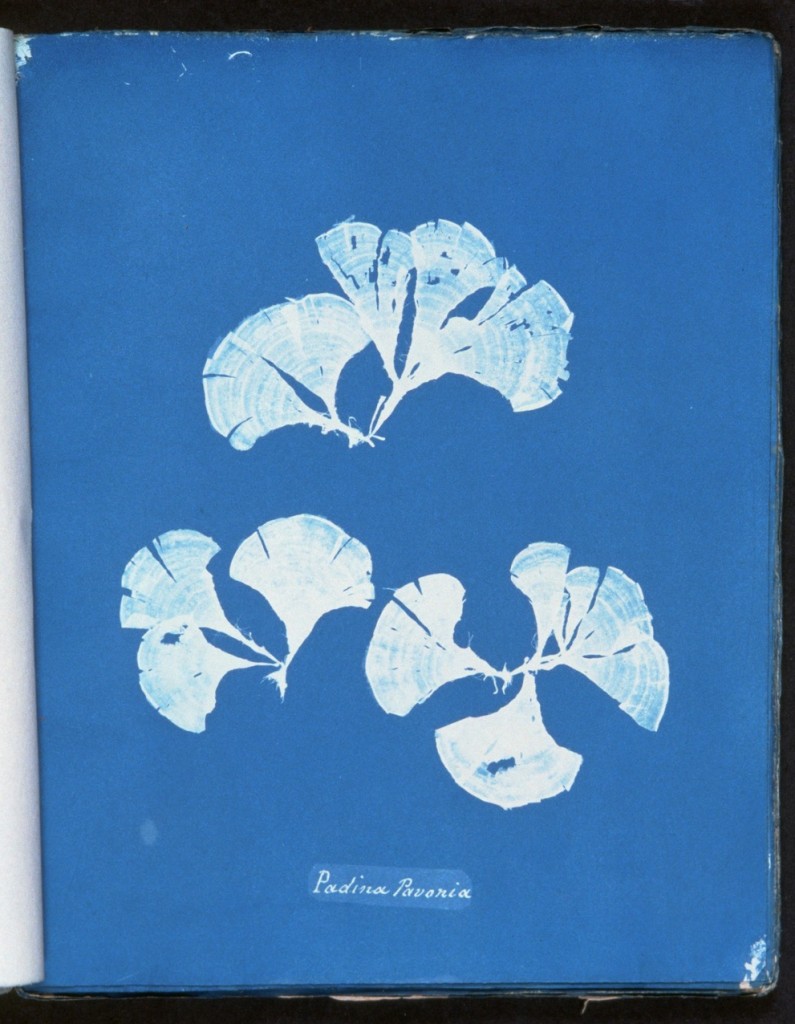
I’m using images from the New York Public Library’s digital collection, in this case, a set of photos from the digital collection of Anna Atkins’ book, Photographs of British Algae. You can read more about her here. I was intrigued that she was an early believer in evolution, albeit of the Lamarckian kind.
I write this on Earth Day, a day I usually do not celebrate since, as my partner says, “everyday needs to be Earth Day.” This poem is probably harsher than I really believe, although, these days, it is easy for a person to despair. Recently, I read about how some are thinking that this newest “epoch” should be called the “Anthropocene“, since we humans have made quite a mess of things.
